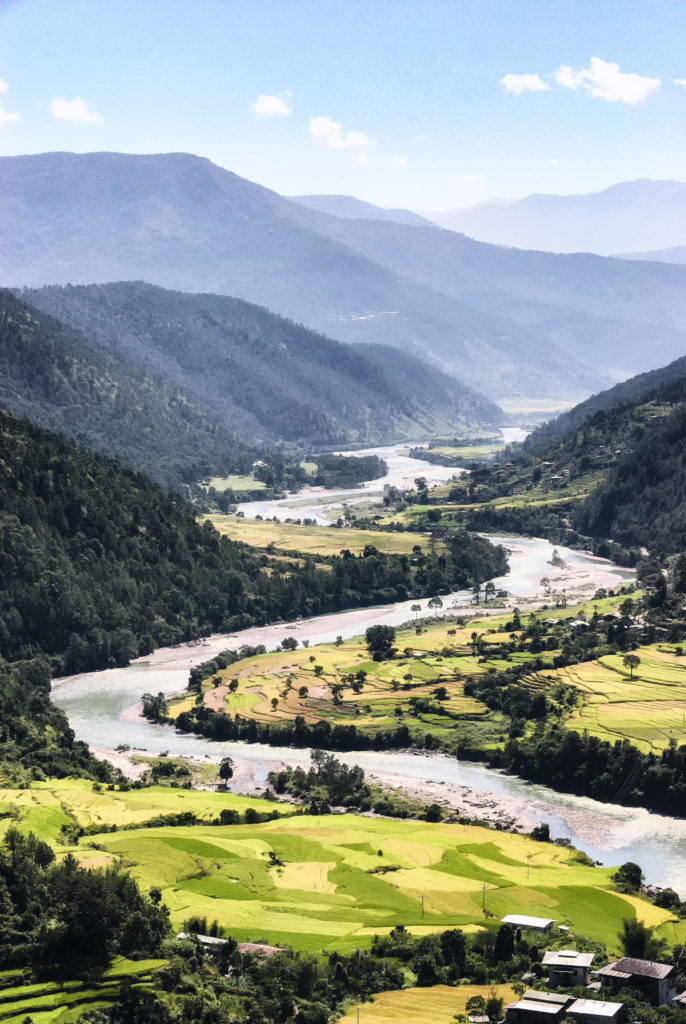New Partnerships Formed to Evaluate Migration as an Effective Response to Climate Change in South Asia
The consequences of climate change on how and where people live is at the centre of new partnerships and research funded by £3.5 million from the UK and Canadian governments.
Two new funded projects seek to assess whether migration is a likely, effective, or fair response to climate change impacts, from the low-lying coasts to the high mountain regions of south Asia.
They are working with universities and knowledge institutes in India, Bangladesh, Nepal and Bhutan. Both projects involve researchers in Geography at the University of Exeter led by Professor Neil Adger.
Professor Adger said: “These new efforts tackle the most pressing challenges of the alarming rise in global temperatures and climate impacts: namely whether people will be able to survive and thrive in their places they call home, or seek to move for better lives.
“We are excited to work with the emerging research leaders of Asia in this venture.
“The far-sighted funders of both projects have high expectations of us generating new knowledge alongside those communities to make clear the pathways for adaptation futures. We are up for that challenge.”

SUCCESS – Successful intervention pathways for migration as adaptation is funded for three years by Canadian development assistance through the International Development Research Centre under their Climate Adaptation and Resilience (CLARE) programme through a team of leading researchers from the International Centre for Integrated Mountain Development, Refugee and Migratory Movements Research Unit, University of Exeter, and the University of East Anglia.
The overall objective of SUCCESS is to inform policies to facilitate effective interventions for migration based on co-created research in Bangladesh, Bhutan and Nepal.
Migration is used as a strategy by households to adapt to climate change impacts and meet development aspirations. But it is often neglected in policies, resulting in depressed rural economies and chaotic urbanisation.
However, governments are engaged in providing new housing and settlements for those displaced, often as a result of river and coastal erosion.
The research evaluates the outcomes on people and how to make these policies and investments fair and sustainable.
Local communities at the core of the research design, providing their own experiences of different outcomes for men and women and marginalised social groups.
CLAPs – Climate Change Local Adaptation Pathways is funded for three years by the UK Foreign, Commonwealth and Development Office involving research teams at the University of Exeter, Indian Institute for Human Settlements and University of East Anglia.
These research teams are joined by civil society partners across India: Centre for Migration and Inclusive Development in Kerala and Gram Vikas in Odisha.
Dr Chandni Singh, principal researcher at IIHS in Bengaluru, said: “Settlements and people throughout India are in the firing line of climate change impacts. We will have a laser focus on identifying what works to help vulnerable populations overcome the new precarities from such impacts and ensure meaningful work and safe places. Evidence based policy making is key to such efforts.”
The project focuses on climate change adaptation in India for example on how climate change is addressed in rapidly growing metropolitan regions such as Kochi and Bengaluru.
In these cities, population growth through inward migration, livelihood change, and climate action come together as urgent priorities. New interventions integrating migration, for urban planning and architecture will be evaluated.
Thirty team members from SUCCESS and CLAPs met this month in Sylhet, Bangladesh for a joint meeting with key external partners.
The two projects collaborated on a four-day Methods and Methodologies workshop led by Professor Nitya Rao, a world-leading researcher in the field of gender and intersectional studies at the University of East Anglia.
Early career researchers shared research goals and research training for the key challenges of migration as an adaptation.
Dr Jelle Wouters, Royal Thimpu College Bhutan; Dr Tasneem Siddiqui RRMRU Bangladesh; and Dr Chandni Singh, IIHS, India conducted masterclasses on participatory, qualitative, and creative research methods.

